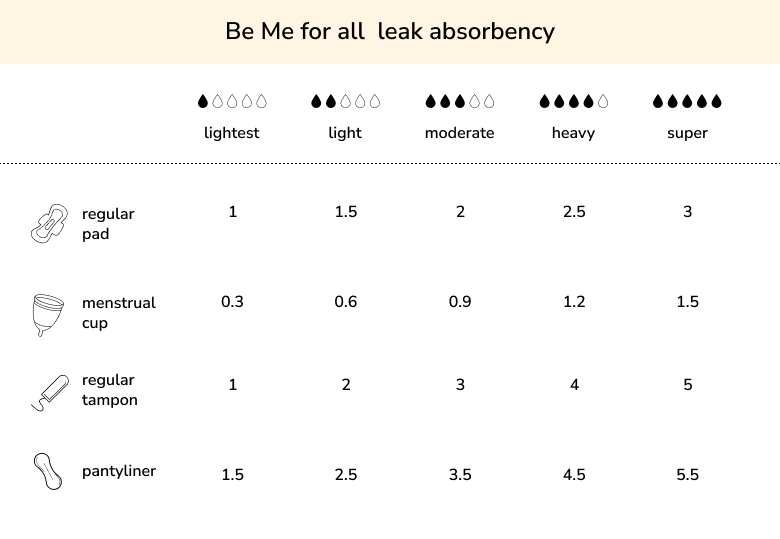
Why is menstrual hygiene SO important?
The following two words may put you in a contemplative mood: menstrual hygiene.
You’ve heard them time and time again. Back when you were a young girl and your Mum or a responsible guardian coached you about it. Or, after you’ve become an adult and the internet has decided to preach about it at every turn (just like us!)
But if you’re thinking that this Be Me blog will be just another rule book as to how to maintain menstrual hygiene, then no, it’s so much more than that.
Because we are dedicating this space to the importance of menstrual hygiene and how in its absence, the menstruators in question cannot menstruate in a dignified, healthy, and safe way.
So, let’s begin with the most obvious question:
WHAT WILL HAPPEN IF YOU DON’T MAINTAIN MENSTRUAL HYGIENE?

The risk of infections will increase tenfold. One’s sexual and reproductive health will be devastatingly affected and their chances of being fertile may also decrease. UTIs would be more common as well.
SIDE NOTE: if you don’t wash your hands after disposing of your Be Me sanitary pads or other menstrual hygiene products, infections such as thrush and hepatitis B are likely.
Unhygienic management of menstrual waste can affect one’s psychological health as well.
The stress and shame associated with disposing of a sanitary pad may have a highly negative impact on the individual.
THE SHOCKING STATISTICS

According to a study, it was found that many schoolgirls in Egypt reported not taking baths during their menstruation because it is considered a social taboo to come in contact with water during their monthly cycle.
Would you like more reasons to take care of your menstrual hygiene? 49.6 percent of menstruators in India use cloth while 15 percent of this category of the population uses locally-prepared napkins while menstruating.
Another one of these grim menstruation hygiene statistics which makes perfect sense is that women from urban areas (89.6%) are more likely to approach menstrual hygiene as a serious topic rather than women from rural areas (72.6%).
As we near the end of this Be Me blog, we can imagine your horror at the consequences of not maintaining your menstrual hygiene and the statistics associated with it.
However, awareness at the correct time and availability of proper disposal mechanisms in India is much needed.
So, let’s all take a pledge to nurture habits of basic menstrual hygiene in our daily lives that will always safeguard our health. We also ought to gently nudge others to stay clean during menstruation.










